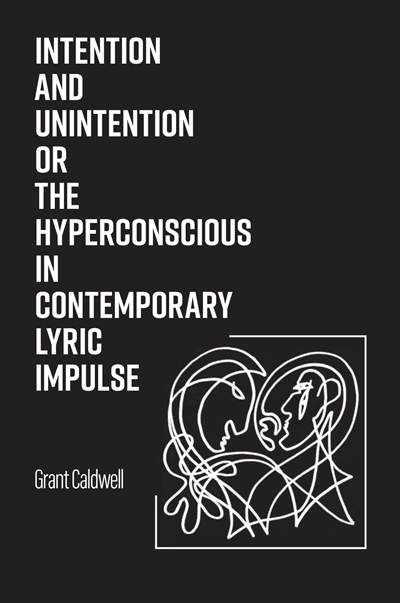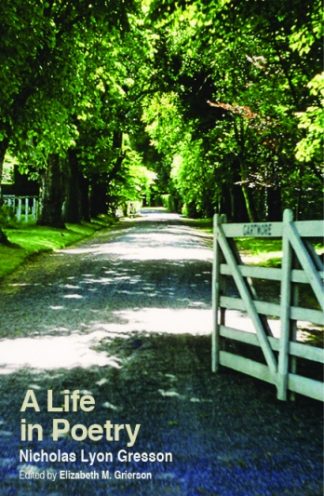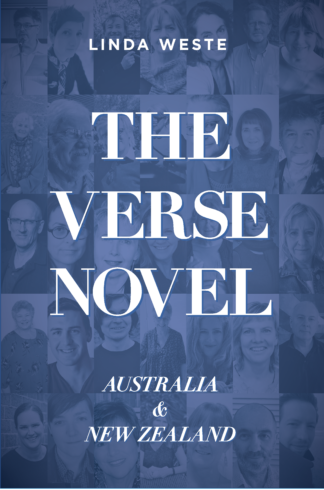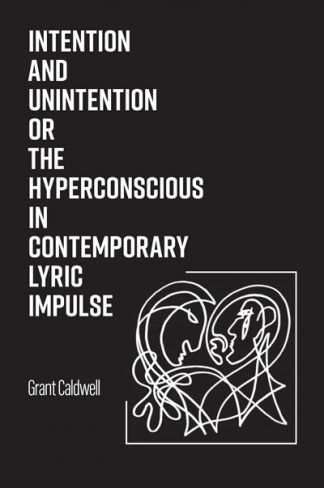Description
The question of how lyric poetry is written, especially in the moment when it first ‘arrives’ with a poet, is vexed. Grant Caldwell’s discussion of the ‘hyperconscious’ and of poetic ‘unintentionality’ in the contemporary lyric impulse constitutes an original contribution to knowledge in this field … Caldwell’s analysis of individual poems is sophisticated. His discussion of Myron Lysenko’s poem is especially convincing … His meditation on Frank O’Hara’s methods of poetic composition – and on one of his poems – is both insightful and original, making it clear how ‘hyperconsciousness’ and ‘unintentionality’ has many, sometimes surprising, manifestations.
– Paul Hetherington
[Grant Caldwell’s] argument travels via Freud through key poetic illustrations of the terrain. Discussions of T. S. Eliot’s theory of the need for the ‘escape from personality’ and Keats’ negative capability build towards the illumination of Caldwell’s ‘poet-paradox’, and the contribution of other writers (Kafka, especially) enriches this discussion. The discussion of Frank O’Hara’s extraordinarily social version of this, as a kind of limit case, is a highlight.
[Most] impressive is the intuitive and informed exploration of the ways the poet must enter, as Caldwell argues, paradoxical spaces drawing both on focus and its antithesis; deep self-awareness and an escape from self. Caldwell works at a cusp where the ineffable meets the explicable. He takes on the large question of the orientation of a poet, and what makes the person who becomes a poet what s/he does. This refined and elegant work is an engaging and original contribution to discussions of the terrain.
– Felicity Plunkett






Reviews
There are no reviews yet.